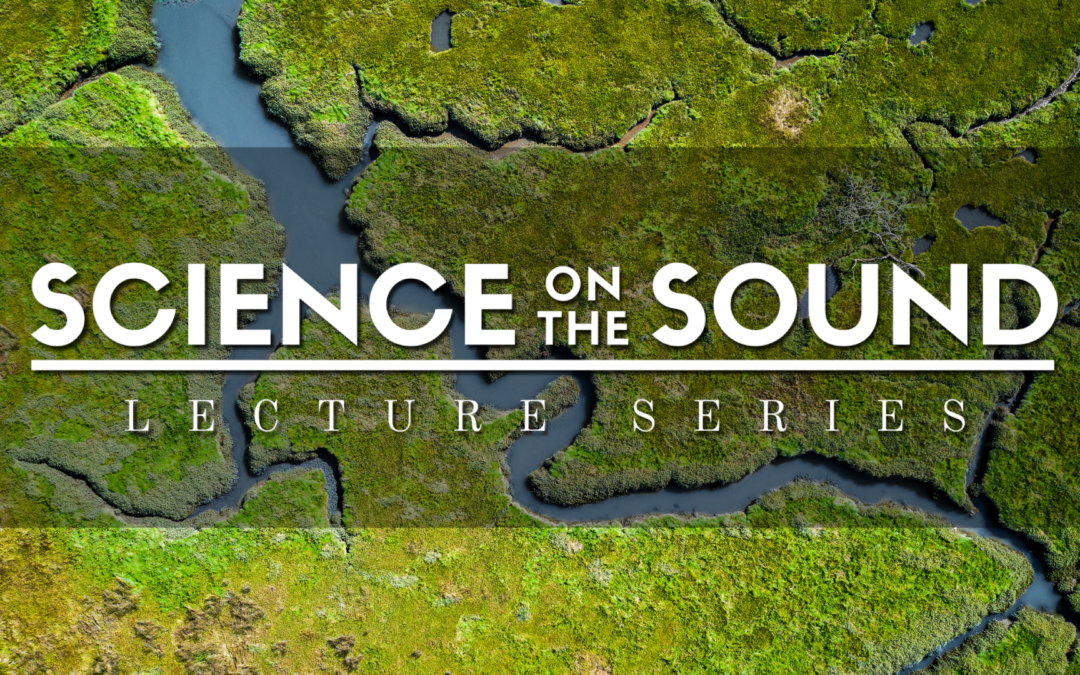Join us for the September 2024 installment of the “Science on the Sound” Lecture Series at the Coastal Studies Institute on the ECU Outer Banks Campus. This monthly, in-person lecture series brings perspectives from all over the state and highlights coastal topics in northeastern North Carolina. This month, Dr. Paul Taillie, Assistant Professor in the Department of Geography and Environment at UNC-Chapel Hill will present “Coastal Ecosystems and Rising Seas: Impending Collapse or Conservation Opportunity?” on September 26, 2024, at 6:00 PM.
The negative consequences of climate change seem to be everywhere, making it hard to be optimistic about the future. For anyone suffering from climate anxiety, this lecture promises some relief. Dr. Taillie will discuss the many ways that coastal ecosystems are highly resilient and capable of adapting to increasingly rapid changes in sea level. From simply counting birds with pen and paper to remote cameras and telemetry tags, he uses a variety of different techniques and tools to better understand how coastal plants and animals are responding to rising sea levels and how these responses can be used to help inform how we manage our coasts. He’ll conclude by arguing that this resilience represents a unique conservation opportunity where the impacts of climate change don’t have to be so depressing.


Dr. Paul Taillie is an Assistant Professor in the Department of Geography and Environment at UNC Chapel Hill. He obtained both his MS and PhD in Fisheries, Wildlife, and Conservation Biology from NC State University. Following graduate school, he worked at the University of Florida as a post-doctoral researcher in the Department of Wildlife Ecology and Conservation. His research and teaching broadly aim to address the implications of global change for biodiversity conservation, with a particular emphasis on wetlands, estuaries, and coasts.
The program is free and the public is encouraged to attend. It will also be live-streamed on the CSI YouTube channel for those unable to make it in person.



 Based at the Coastal Studies Institute (CSI), the North Carolina Renewable Ocean Energy Program (NCROEP) advances inter-disciplinary marine energy solutions across UNC System partner colleges of engineering at NC State University, UNC Charlotte, and NC A&T University. Click on the links below for more information.
Based at the Coastal Studies Institute (CSI), the North Carolina Renewable Ocean Energy Program (NCROEP) advances inter-disciplinary marine energy solutions across UNC System partner colleges of engineering at NC State University, UNC Charlotte, and NC A&T University. Click on the links below for more information. ECU's Integrated Coastal Programs (ECU ICP) is a leader in coastal and marine research, education, and engagement. ECU ICP includes the Coastal Studies Institute, ECU's Department of Coastal Studies, and ECU Diving and Water Safety.
ECU's Integrated Coastal Programs (ECU ICP) is a leader in coastal and marine research, education, and engagement. ECU ICP includes the Coastal Studies Institute, ECU's Department of Coastal Studies, and ECU Diving and Water Safety. The ECU Outer Banks campus is home to the Coastal Studies Institute.
The ECU Outer Banks campus is home to the Coastal Studies Institute.

